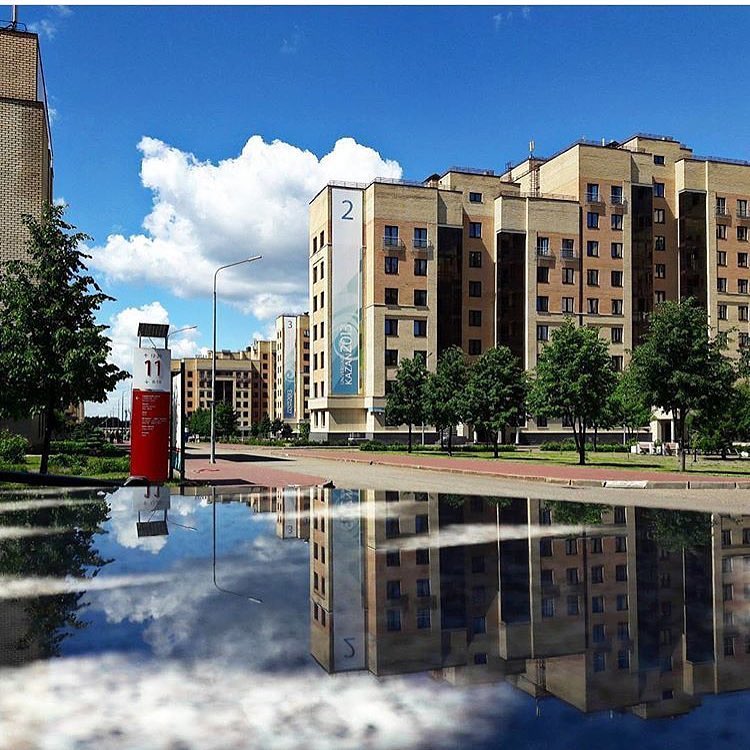1. Overview of MBBS in Russa
Introduction to Studying MBBS in Russia: Studying medicine in Russia is popular for Indian students due to affordable tuition, high education standards, and worldwide recognition of Russian medical degrees. Russian universities offer medical programs with a focus on clinical practice and research, often at costs lower than private medical colleges in India. Programs are designed to align with European education standards, preparing students for global medical licensing exams.
Benefits of Studying in Russia:
Quality Education: Russian medical schools provide a robust curriculum comparable to European standards, with state-of-the-art facilities.
Affordable Tuition and Living Costs: Tuition fees range from $3,000 to $7,000 per year, and living costs are about $200–$400 per month, making Russia an affordable destination.
Globally Recognized Degrees: Many Russian medical degrees are recognized by the World Health Organization (WHO), Medical Council of India (MCI), UNESCO, and more, enabling graduates to practice medicine worldwide.
English Medium: Many top Russian universities offer MBBS in English, which is convenient for international students.
Easy Admission Process: Unlike many countries, Russia doesn’t require entrance exams for medical programs; admission is typically based on high school grades and NEET scores.
2. Top 10 Russian Universities for MBBS in English:
1. Kazan Federal University:
Overview: Founded in 1804, Kazan Federal University is one of the oldest in Russia, located in Kazan. Known for its modern facilities and research-oriented approach.
Advantages: Offers English-medium programs, well-equipped labs, and partnerships with hospitals for practical training.
2.Lomonosov Moscow State University:
Overview: Russia’s top university, based in Moscow, is known for its highly selective medical faculty and cutting-edge research.
Advantage: A reputable institution globally with access to extensive research resources and advanced medical technology.
3. Saint Petersburg State Medical University:
Overview: Located in Saint Petersburg, this university offers strong practical training and a supportive learning environment.
Advantages: English-medium MBBS program with well-rounded clinical exposure and opportunities for research.
4. People’s Friendship University of Russia (RUDN):
Overview: Known for its diverse international student community and modern curriculum.
Advantages: Accessible faculty, globally recognized programs, and a multicultural environment.
5. Volgograd State Medical University:
Overview: Recognized for quality education, Volgograd State Medical University provides an affordable MBBS program in English.
Advantages: Affordable tuition, clinical practice opportunities, and a good student support network.
6. Sechenov University (First Moscow State Medical University):
Overview: Established in 1758, Sechenov University offers one of Russia’s top medical programs, with extensive research and clinical exposure.
Advantages: Known for its academic rigor and access to Moscow’s medical facilities for practical training.
7. Perm State Medical University:
Overview: Provides quality English-medium MBBS courses with emphasis on hands-on experience in regional hospitals.
Advantages: Affordable, with a focus on practical skills and internships.
8. Bashkir State Medical University:
Overview: Located in Ufa, Bashkir offers a cost-effective MBBS program with good academic support.
Advantages: Affordable, accessible faculty, and good quality education.
9. Siberian State Medical University:
Overview: Based in Tomsk, Siberian State Medical University provides quality education with modern teaching methodologies in English.
Advantages: English medium with a focus on innovation in medicine and patient care.
10. Ural State Medical University:
Overview: Located in Yekaterinburg, Ural State Medical University is known for its supportive environment and affordability.
Advantages: Quality education, affordable living, and a strong multicultural environment.
3. Admission Process
Eligibility Criteria: To qualify for admission, students typically need:
– Completion of 12th grade with a background in science (Physics, Chemistry, Biology) and a minimum of 50% marks.
– A NEET qualification, as required by the Medical Council of India for students who wish to practice medicine in India.
Application Steps:
Step 1: Complete an online application form on the university website or through an educational consultant.
Step 2: Submit documents such as academic records, NEET score, passport copy, and medical certificates.
Step 3: Upon acceptance, the student will receive an offer letter.
Step 4: Pay initial tuition fees to secure a place.
Step 5: Begin the student visa application process.
Required Documents:
– 10th and 12th-grade mark sheets
– NEET qualification proof
– Valid passport
– Passport-size photographs
– Medical certificates for fitness and HIV testing
Important Dates: Applications typically open in April for the September intake, with deadlines varying by university.
4. Visa Process for Indian Student
Types of Visas: Indian students need a student visa to study in Russia, which allows long-term residency for study purposes.
Visa Application Process:
– Obtain an invitation letter from the university.
– Apply at the Russian Embassy or Consulate, providing the invitation letter, passport, visa application form, passport-sized photos, medical insurance, and proof of tuition payment.
Visa Renewal and Extensions: Student visas are typically valid for one year and need annual renewal.
5. About Russian Universities
Detailed University Profiles: Each university’s profile could include its history, rankings, facilities, number of international students, and research capabilities.
University Ranking and Accreditations**: Display rankings from credible sources and list recognitions (e.g., WHO, UNESCO, ECFMG, MCI).
6. Hostel and Accommodation Options
On-Campus Housing: Most universities offer affordable on-campus dormitories with shared rooms, kitchens, and internet access. Mention safety features, amenities, and typical costs ($30–$50/month).
Off-Campus Accommodation: Students can rent private apartments for around $200–$400/month. Emphasize the need to choose safe areas and reliable landlords.
Living Expenses in Russia: Estimate monthly expenses, including accommodation, food ($100), transportation ($15), and other personal costs ($50–$100).
7. Student Life in Russia-
Cultural Adjustment and Language Tips: Russia has a unique culture, and while students may study in English, learning basic Russian helps with daily interactions.
Social and Recreational Opportunities: Universities often organize cultural events, sports, and excursions to help international students adapt and explore Russian culture.
Safety and Health: Advise students to carry international health insurance, which most Russian universities require.
8. Frequently Asked Questions (FAQs)- see in FAQ
9. Student Support Services
Counseling and Guidance: Many universities have counseling services to help with academic, personal, and cultural adjustment challenges.
Emergency Contact Information: Provided local emergency numbers (e.g., for police, ambulance, fire) and on-campus contacts.
